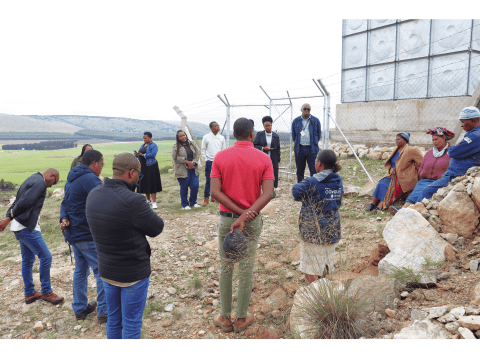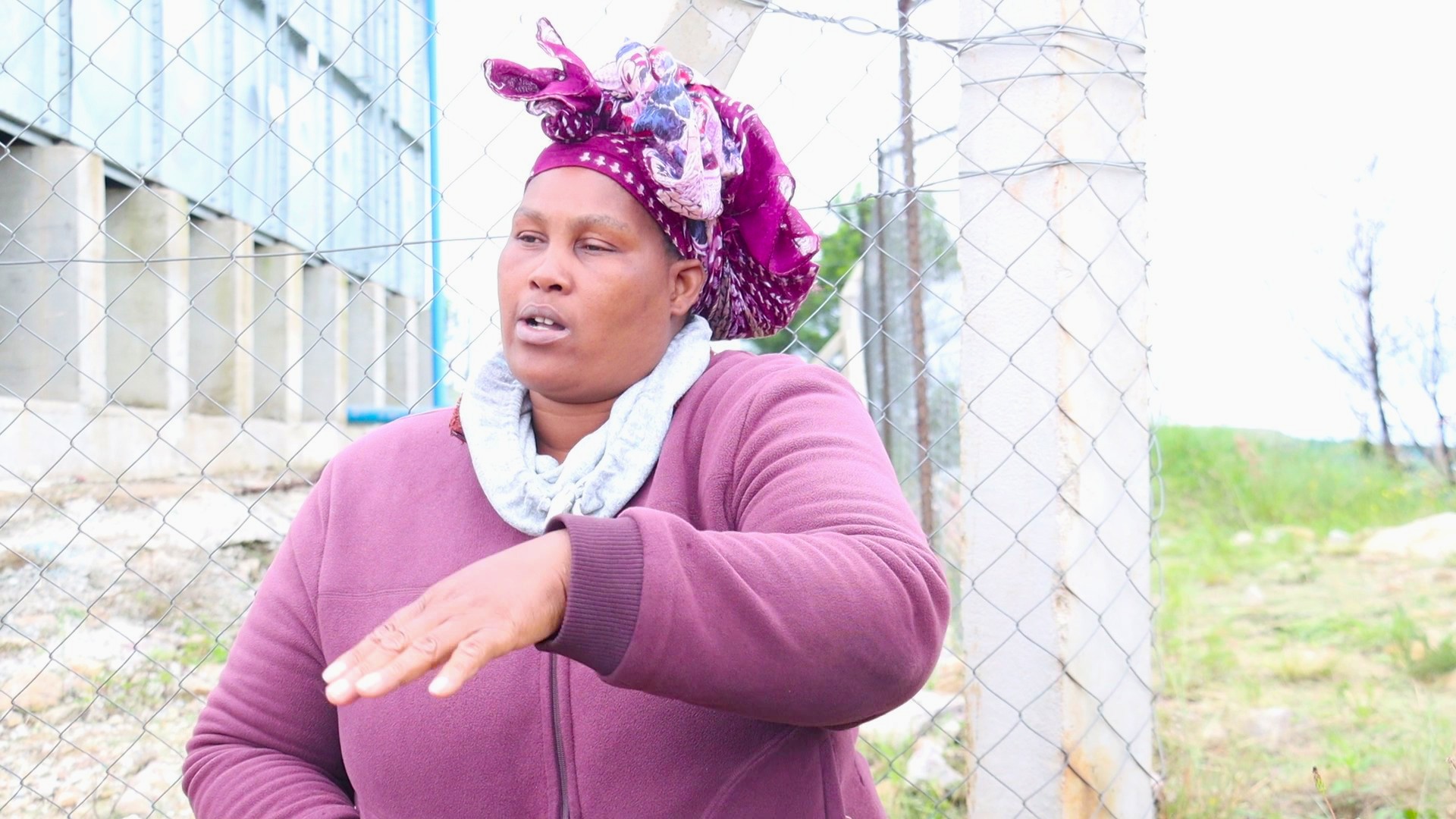Not Having Time to Study and Frequent lllnesses a thing of the Past in Tsambekwako-Mlindazwe

Residents of Tsambekwako and Mlindazwe areas under the Gege Area Programme (AP) say their children now have enough time to study and no longer have frequent illnesses due to lack of access to safe water.
This was revealed by Thobile Dlamini, a member of the Tsambekwako-Mlindazwe Water Project Committee, as she reflected on the challenges they once faced during a recent visit by officials from the World Bank to the remote community in the Shiselweni Region, south of Eswatini. The visit provided an opportunity to for the World Bank team to appreciate the transformative work being done in these communities.

In Gege, access to clean water was once a daily struggle. Before the Tsambekwako-Mlindazwe Water Project was implemented, residents relied on a distant, contaminated waterhole for their water needs. Fetching water required long hours of walking and, for schoolchildren, this meant coming home from school only to set out again on a two-hour journey to collect water for their families.
Thobile revealed: “Water was a burden! Our children were always exhausted, and time that could have been spent studying or resting was instead used for fetching water. The health risks were also high because the water was not safe to drink, leading to frequent illnesses, especially among children.”
With the implementation of the Tsambekwako-Mlindazwe Water Project, life in the community has been transformed. Safe, clean water is now easily accessible, improving health, hygiene, and overall wellbeing.
“The difference is unbelievable,” Thobile shared. “Now, children come straight home from school without the added burden of collecting water.
She added that families no longer have to worry about waterborne diseases, thus improving life in these communities in so many ways.”
The World Bank’s field visit to Gege highlighted the real and life-changing impact of access to clean water. Stories like this demonstrate how World Vision’s water initiatives not only improve health and sanitation but also create opportunities for communities to thrive.
The World Bank’s commitment to achieving universal water access aligns closely with World Vision’s efforts to provide clean and safe water to vulnerable communities. The field visit allowed the delegation to witness first-hand the impact of improved water access on people’s lives and reinforced the importance of sustainable investments in water, sanitation, and hygiene (WASH) projects.
Wakhile Mkhonza from the World Bank expressed appreciation for the visit, emphasising the value of engaging with communities to better understand their needs and challenges.
“Seeing the impact of this project first-hand is invaluable. It is important that we regularly interact with communities to hear their experiences, as this informs our programming and ensures that our interventions are effective and sustainable,” he said.
As World Vision continues to expand access to clean water, partnerships with the Government and donors promise to strengthen these efforts and bring lasting change to more communities.